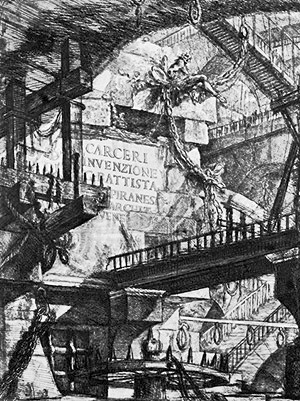Search
What should I do if a search carried out against me?
Never ever make any statement to the offence alleged against you. By no means, should you or anybody else present at the time should talk with the search officers, however meaningless the subject of conversation may be. Your words will be put down on record as a rule and can be used against you as the proceedings continue. You, as the accused, as well as the members of your family, are not obligated to make statements about the matter at hand. You have the right to contact and consult with a lawyer of your choice at any time.
With the search officers you should insist that a lawyer of your choice be called in to observe the search. For this purpose you must be given the opportunity to phone your defence lawyer. You should also try to persuade the officers to let third persons eye-witness the search. The moment the search officers enter your premises, you should, if this has not been done before, ask them to present a search warrant.
If the search warrant list includes persons, this means that the officers are authorized to search such persons for objects hidden in or underneath your clothes, on the surface or in the orifices of your body, if such can be done without using medical aids. The search warrant cannot include objects swallowed or for another reason located inside your body.
In the event your lawyer is not present during the search, you should ask the examiners to give you a list of the objects seized and taken away by them. Make sure that the confiscation record is detailed enough to later on identify their function and place.
You should not agree to the search and the subsequent confiscation of objects. Express protest against it and make sure that your protest be noted in the search record.
Do not resist against the search, because otherwise it can be enforced (forcible opening of your premises, cabinets etc.) by the officers.
In the event documents, diskettes, CD-ROMs, CPUs, voice recordings, films, punch cards, magnetic tapes, printer or typewriter ribbons are confiscated, you should ask the search officers to put the confiscated objects under seal. Without your prior consent the search officers are not allowed to study such objects (which are considered documents under Section 110 of the German Code of Criminal Procedure) in a more than cursory way, unless they have been particularly authorized with this by the public prosecutor, beforehand. It is for the public prosecutor to peruse your documents first; you and your defender have the right to participate in their perusal later on.
If the documents to be confiscated are essential for your day-to-day business, you should ask the search officers whether they deem it sufficient to take along duplicates instead of the originals, or alternatively, to let you make copies to remain in your office prior to seizing the originals. If you were unable to call in a defender for the ongoing search, you should later try to contact your defender or any other lawyer of your choice, who will then undertake all steps necessary to ensure your protection.















